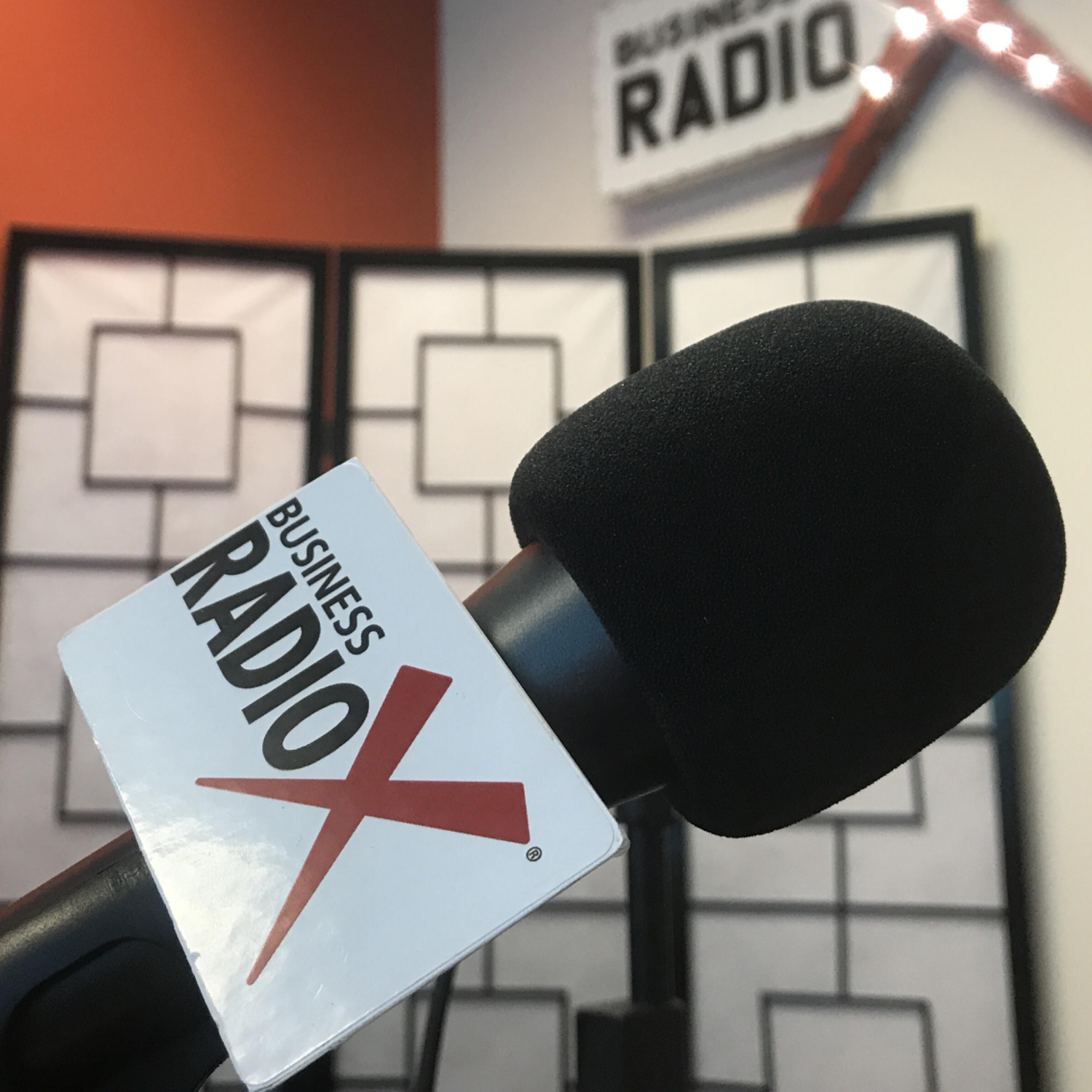
BRX Pro Tip: 2 Questions to Ask Yourself About Brand Positioning
Stone Payton: And we are back with Business RadioX Pro Tips. Stone Payton and Lee Kantor here with you. Lee, what are some things we should consider, some questions we ought to be asking ourselves when it comes to this topic of brand positioning?
Lee Kantor: Yeah. I think this is really an important topic for any – especially a solopreneur or somebody or some consultant or coach of some kind. You have to really get clear, number one, on what is your superpower. What is the thing that makes you different and special? What is the deliverable you have that nobody else has? What is that kind of superpower? You have to be clear on that so that you can communicate that to your potential clients.
Lee Kantor: And number two, do you have social proof demonstrating what your secret sauce is? If you have those two things, then you have a really clear brand positioning statement and something that will help you attract the right fit client for you, which is critical. And number two, it just eliminates every other person who isn’t that right fit. You should be focusing all of your energy on the exact right fit client for yourself and then just sending all the other people elsewhere. Because if you can just focus in on your best-fit client, you are going to deliver a better result. You’re going to have a happier client, you’re going to have a less stressful life and you’re going to have a bunch of people that are going to refer you out to other people who have problems that are similar to theirs.
Stone Payton: I’ll tell you, I learned a recent lesson on this brand positioning. We’ve always had the luxury of just having one of the most marvelous tools, platforms, methodology so well baked to help people demonstrate beyond a shadow of a doubt authority in their marketplace, help them build relationships, and maintain the kind of positioning that they wanted to grow their professional services business. So, I guess I got a little spoiled because that just, it just fits hand in glove in any community when you’re serving that group.
Stone Payton: Then, I created this community partner program, but when I started it, I was creating it as another revenue stream so that I could help smaller business people for whom our fee structure was a little out of reach. And I went to the marketplace just straight with that message. And then it finally dawned on me, what I could really do for these people is make them the heroes that they needed and wanted to be in the local community but did not have the financial horsepower to pull that off yet. The moment that I reframed everything as a community partner program and focused on helping them understand that hero journey that they were going to get a chance to take if they tapped into this thing of ours, man, it made all the difference in the world.
Stone Payton: So, it makes a lot of sense to just reflect and think about who you’re trying to serve. What are they thinking? What are you trying to help them accomplish? And then what is the best language and framing to make that happen?















